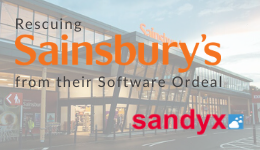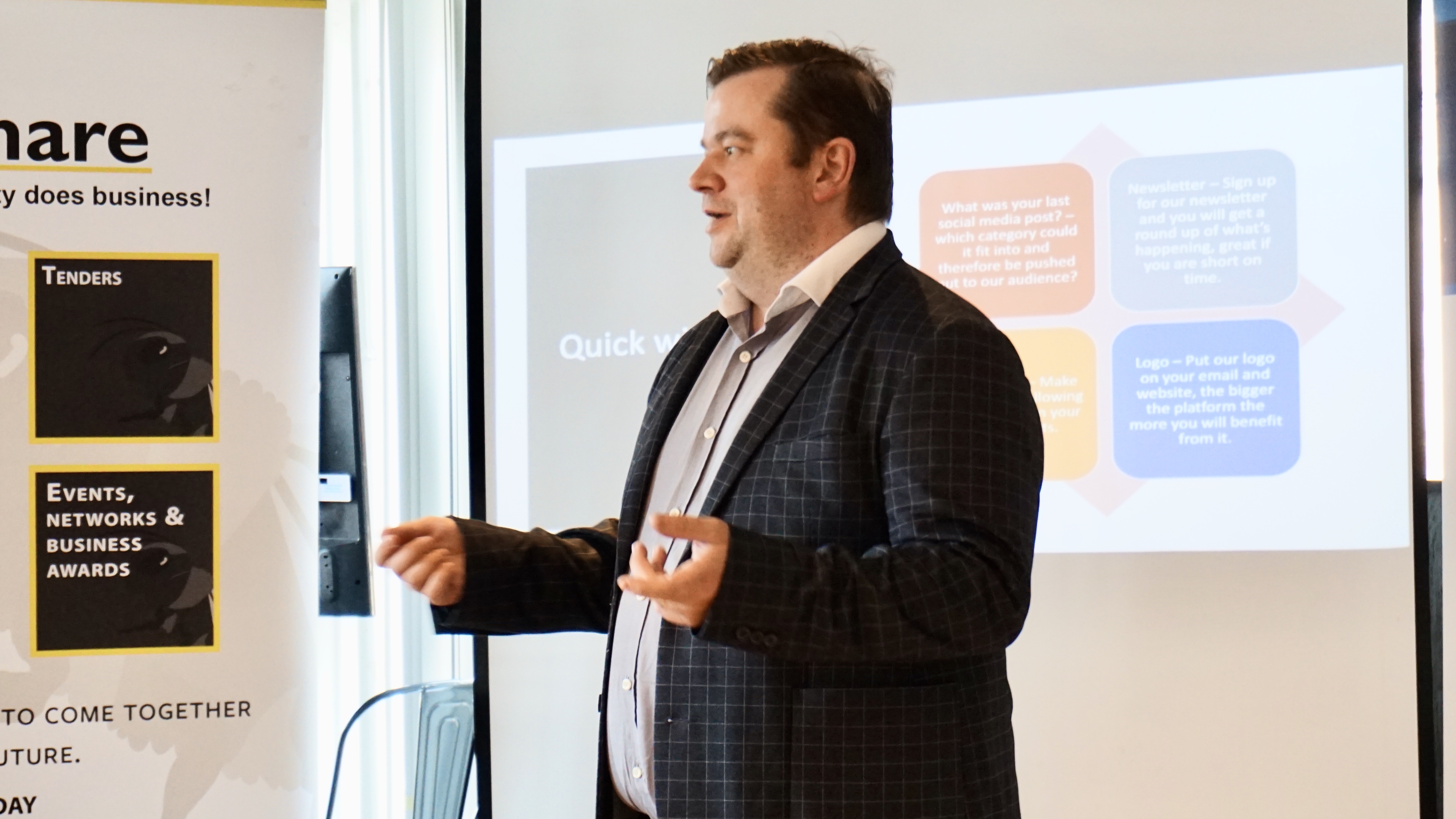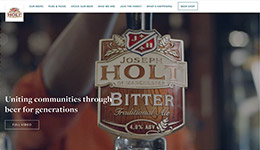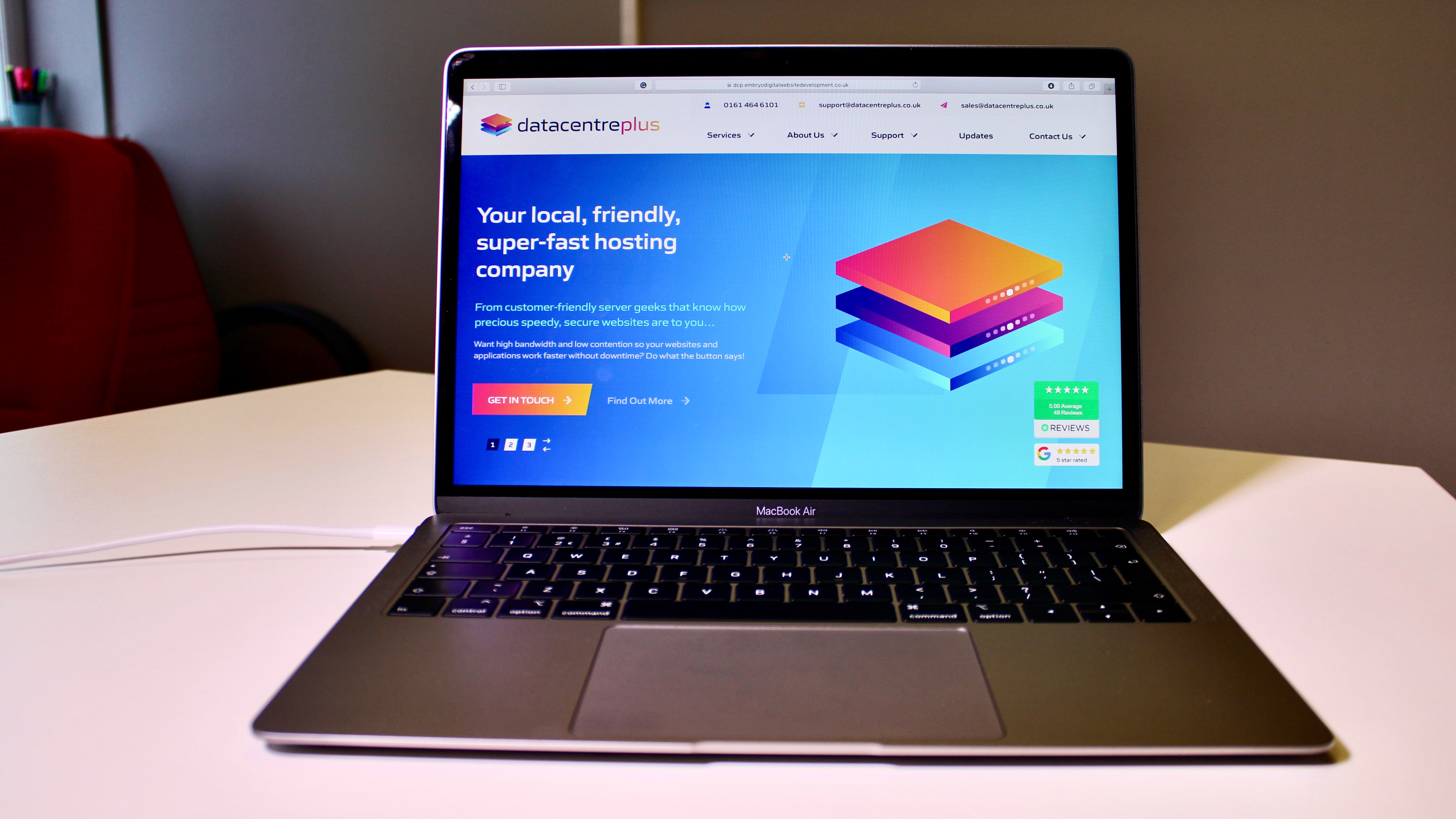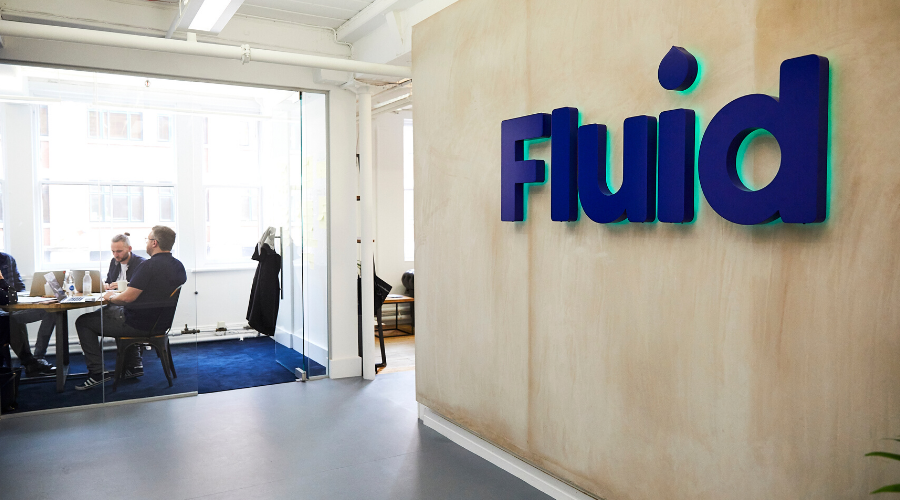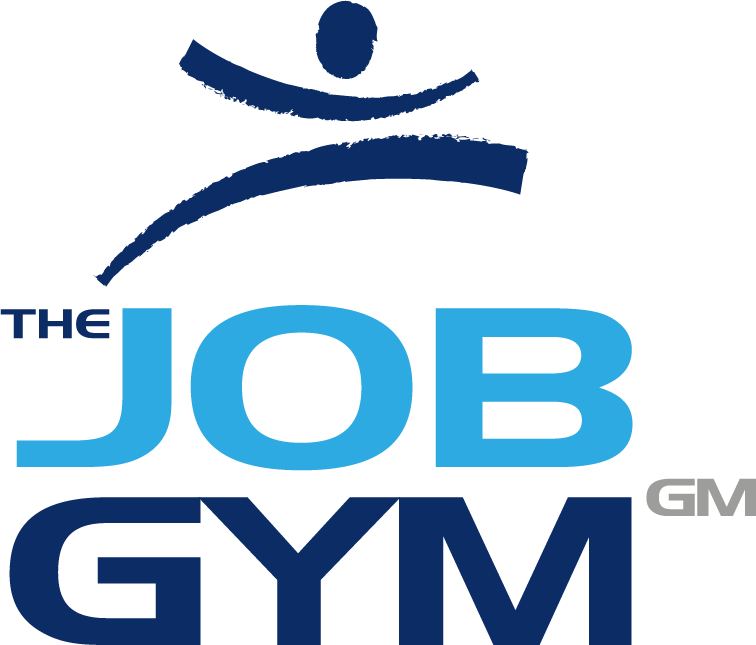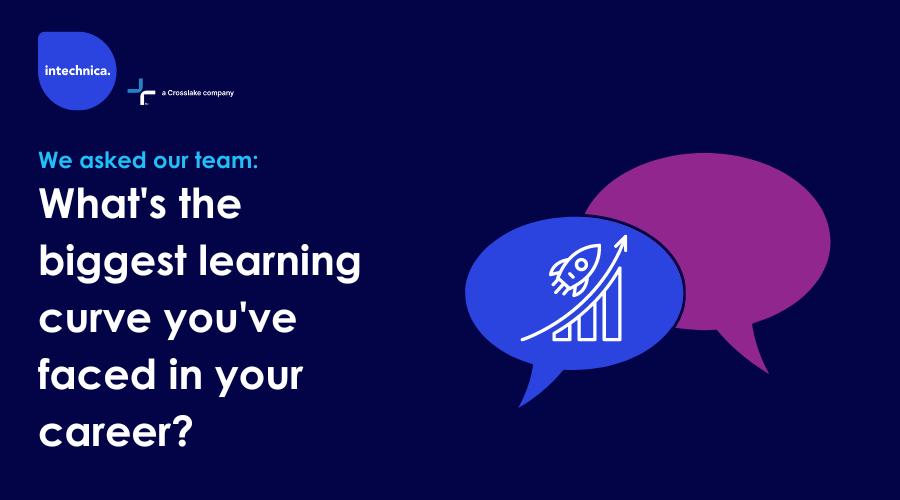
Throughout our careers, whether it be starting a new job or changing our career path, we often experience learning curves. We tend to witness the steepest curve initially at the start of our career but it is natural to experience sudden periods of adjustment wherever we may be on our career path. The main goal is to learn how to deal with this constant feeling of having to learn and adapt.
So, we asked our team; what's the biggest learning curve you've experienced in your career? Find out what they had to say below!
Adapting to change
Dealing with change can be a huge learning curve for many employees. Learning to deal with change is often something that doesn't come lightly to all of us but having the ability to view potential change with a positive mindset can help you adapt to change quicker rather than resisting it.
“The biggest learning curve in my career so far has been adjusting from working for a big multinational firm in the Manufacturing sector to a smaller firm within the Tech sector. There are a lot of differences that can be acknowledged between the two which have taken time to adjust to. A smaller team has also given me a broader insight into the Finance department, which has meant having to pick up concepts and terminology more quickly.”
Beccy Kusu-Orkar, Management Accountant
“When I moved to a non-coding Tech Lead role. I started in a new company so everyone knew more than me, but I felt they expected me to be the expert because I was the Tech Lead. I also had to cope with new management skills and the huge levels of context-switching based on the nature of the job and the number of teams I was working with. For nearly 6 months I left the office every day feeling grateful I’d not been discovered and fired. I had periods of extreme stress that I’d never experienced before.
My breakthrough was when I stopped trying to pretend I knew what people were talking about and started asking, what I thought, were really basic questions. It turns out I wasn’t the only one who didn’t understand and I was able to better apply the skills I’d be hired for in the first place.“
Fran Hoey, Technical Consultant
Turning theory into practical skills
You won’t immediately know how to do everything, and even knowing the theoretical fundamentals of your role can still leave you needing to get to grips with the new environments. The key is to be patient with yourself and accept that becoming an expert takes time.
“Cloud services such as AWS, Azure and GCP. When starting at Intechnica, I began learning about the cloud by studying for the cloud certification courses, but none of the information stuck. It reminded me of my Computer Science A-Level actually, as it was mostly memorising definitions again. I’ve since found it’s better to learn on the job, as you can see first-hand how cloud tools can be used to solve complex technical problems.
Also, writing production code. Coming from a research background, where unit testing is not required and practically no one reads or executes your code, to an industry where you’re collaborating with others using git and your code needs to run 24/7 without error, is quite the jump.“
Harrison O'Neill, Data Scientist
“One of the steepest learning curves within my current role has been my knowledge of coding and Python in particular. It has been really interesting moving from learning to code in my spare time, to carrying out research projects within my MSc, to writing professional and production-ready code. While this has been challenging, as the responsibility of working toward a deadline within a professional team can add pressure, it has also been very rewarding seeing myself improve as time goes on.”
Jack Foster, Data Scientist
Understanding a new industry
We can often feel overwhelmed when entering a new job or industry, however, it is important to not be intimidated by the knowledge and experience of our colleagues but instead, realise they were once in the same position.
“Working in consultancy you have to learn to trust your own opinion. Having only had a couple of years formal experience in technology before I became a consultant I wasn’t sure how much value I could add to a project with my opinion, but I soon found that my initial thoughts were usually along the same lines as those of my more experienced colleagues and I gained the confidence to share them. I also found that many experiences I had in my previous career were relevant, even though the context might be very different.”
Fiona Fairbairn, Consultant
“The most obvious thing that comes to mind is understanding the industry better. As I didn’t come from a technical background, it definitely took me a while to understand the industry lingo and the latest developments in the world of tech.
Luckily, we have some great experts in the business who are always up for sharing their knowledge.“
Laura Ohela, Marketing Manager
Whatever challenges and learning curves we face in our careers, we should never feel overwhelmed by the unexpected bumps along the way.


